Search
Search Results
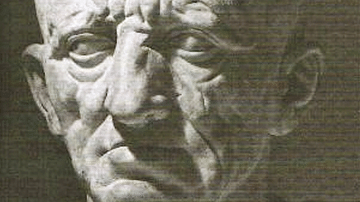
Definition
Cato the Elder
Marcus Porcius Cato, better known as Cato the Censor or Cato the Elder (234-149 BCE), was an influential political figure of the Roman Republic. Serving as quaestor, aedile, praetor, consul, and censor, he championed Roman virtues and detested...
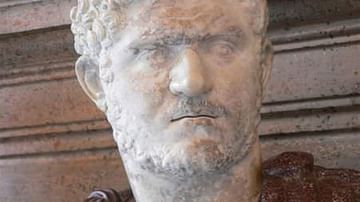
Definition
Caracalla
Caracalla was Roman emperor from 211 to 217 CE. Born Lucius Septimius Bassianus, son of Septimius Severus and Julia Domna, he became co-ruler with his father in 198 CE and sole ruler after the death of his father in 211 CE and of his brother...
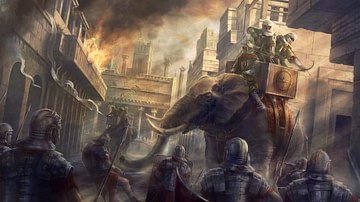
Definition
Second Punic War
The Second Punic War (The Hannibalic War) was fought between Carthage and Rome between 218 and 201 BCE. The war involved confrontations in Spain, Italy, Sicily, Sardinia, and North Africa. Hannibal led the Carthaginians, one of the most gifted...

Definition
Arretium
Arretium (modern Arezzo) was an important Etruscan town located in the extreme north-east of Etruria in central Italy. Flourishing as a trade and manufacturing centre, Arretium managed to overcome its rivalry with Rome and continue as a prosperous...
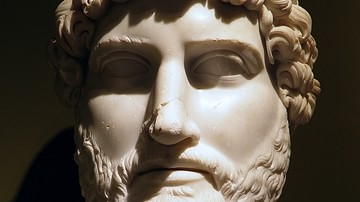
Definition
Hadrian
Hadrian (l. 78-138 CE) was emperor of Rome (r. 117-138 CE) and is recognized as the third of the Five Good Emperors (Nerva, Trajan, Hadrian, Antoninus Pius, and Marcus Aurelius) who ruled justly. His reign marked the height of the Roman Empire...
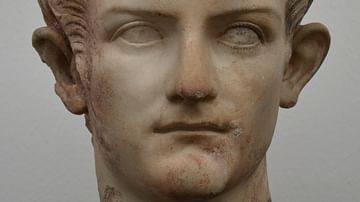
Definition
Caligula
Caligula (Gaius Julius Caesar Augustus Germanicus) was Roman emperor from 37 to 41 CE. Among the great emperors of the Roman Empire stand Augustus and Marcus Aurelius. At the other end of the spectrum is Emperor Caligula who the historian...
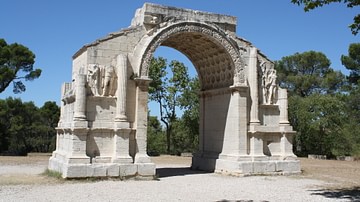
Definition
Glanum
Glanum, located near St-Rémy-de-Provence in southern France, was a Greek and then Roman town which prospered due to its location on trading routes between Italy and the Rhodanus (Rhone River). The town benefitted from a large building...
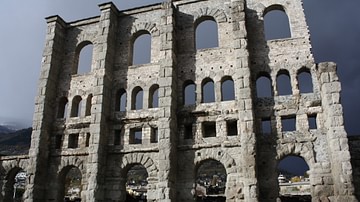
Definition
Vitruvius
Marcus Vitruvius Pollio (c. 90 - c. 20 BCE), better known simply as Vitruvius, was a Roman military engineer and architect who wrote De Architectura (On Architecture), a treatise which combines the history of ancient architecture and engineering...

Definition
Roman Science
The Romans assimilated earlier Greek science for their own purposes, evaluating and then accepting or rejecting that which was most useful, much as they did in other fields such as warfare, art, and theatre. This assimilation of Greek thought...
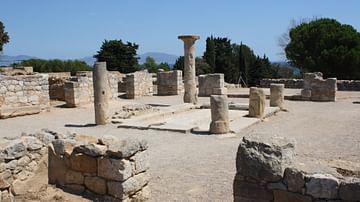
Definition
Empuries
Empuries (also Emporiae or Emporion) was a Greek and then Roman colony on the northeastern coast of Spain. Thriving as a local and Mediterranean trading centre, it prospered from the 6th century BCE to the 2nd century CE. Several times the...